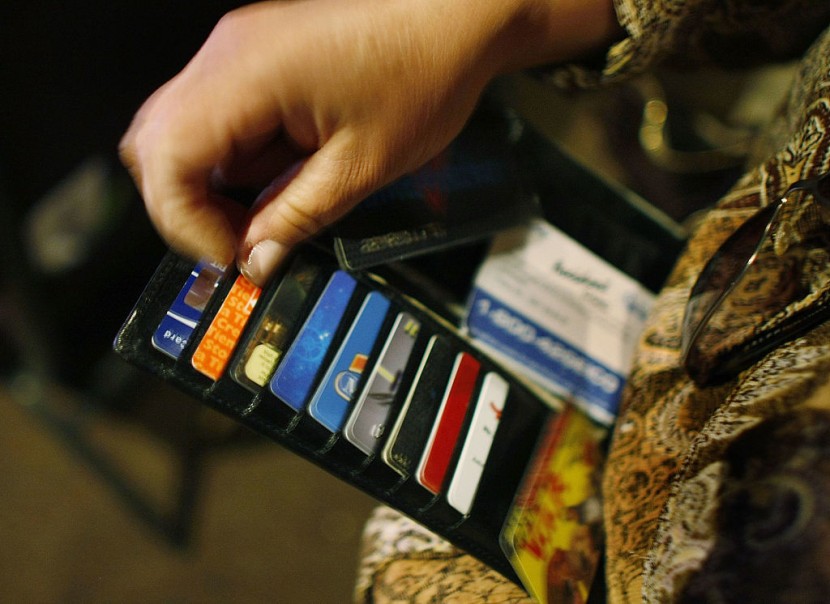
According to the Federal Reserve, credit card debt climbed by 52 billion in the fourth quarter of 2021, the highest quarterly rise in 22 years.
If you're one of the many Americans who have recently increased their credit card debt, paying off your debt is more critical than ever. With the Federal Reserve expected to raise interest rates as soon as March to battle inflation, you might be paying even more interest on your credit card debt.
Why Credit Card Debt May Rise?
The Fed's decision to hike rates comes in reaction to rising inflation, which increased by 7.5 percent last month, the highest rate in 40 years. Credit card interest rates will rise if the Federal Reserve boosts the federal funds rate. If you have any credit card debt, now is the time to pay them off.
The prime rate, which serves as the foundation for all bank borrowing rates, is generated from the federal funds rate, according to DeJohn. Premiums are added to it based on the creditworthiness of the applicant and institutional variables. Effective interest rates, such as credit card annual percentage rates, are the result of this process.
If credit card interest rates rise a quarter of a percentage point, as many economists predict the Fed will do in March, paying down the same debt would cost $120 more and take two months longer. Carrying the same amount of debt would cost $380 more in interest and take over 16.5 years to pay off if the interest rate climbed by a full percentage point, as most economists predict by the end of 2022, as per CNET via MSN.
Read Also : Oil Price Surge As Europe Taps Turkey, Israel for Energy Supplies Due to Russia, Ukraine Standoff
Americans Engage Into Credit Card Debt Faster Since 22 years
Last year, Americans overspent, racking up credit card debt at a rate not seen in over two decades. In the final three months of 2021, credit card balances increased by $52 billion to $860 billion, according to recent household debt and credit analysis.
According to the Federal Reserve Bank of New York quarterly report on household debt and credit, this is the greatest quarterly rise in the study's 22-year history. According to the Fed, the total US household debt climbed by $333 billion to $15.8 trillion during the same period.
Debt balances, which include mortgage, credit card, auto, and student loans, increased by $1 trillion last year, with mortgage balances accounting for the majority of the increase. According to the Federal Reserve, the recent increase in credit card spending is thought to be linked to historically high inflation rates, which have risen the cost of necessities such as food and petrol.
Americans had available credit to utilize on new purchases after using government help offered during the pandemic to pay off debt, according to the research. The most recent statistics also showed a reversal to "normal trends" in credit card balances, which show that balances climb in the fourth quarter.
According to New York Fed studies, Americans pay down debt in the first quarter while credit card balances rise in the second and third quarters. Overall, credit card balances are $71 billion lower than they were at the end of 2019, compared to before the pandemic.
Researchers at the New York Fed said they wouldn't be shocked if American credit card debt surpassed pre-pandemic levels by the end of the year. The survey came out a week after the Bureau of Labor Statistics reported that inflation reached a 40-year high in January, with prices up 7.5 percent over the previous year.
Higher food, power, and shelter prices contributed to this figure. Medical expenditures have also increased as a result of the pandemic. The figure came as a shock to the White House, which has maintained that inflation will gradually decline over the following year. It also puts the Federal Reserve in a difficult position, as it considers hiking interest rates in March, Daily Mail reported.
Related Article : UK Food Crisis: Britons Face Massive Price Hikes as Russia Bans Exports of Major Commodities
@YouTube
© 2026 HNGN, All rights reserved. Do not reproduce without permission.








